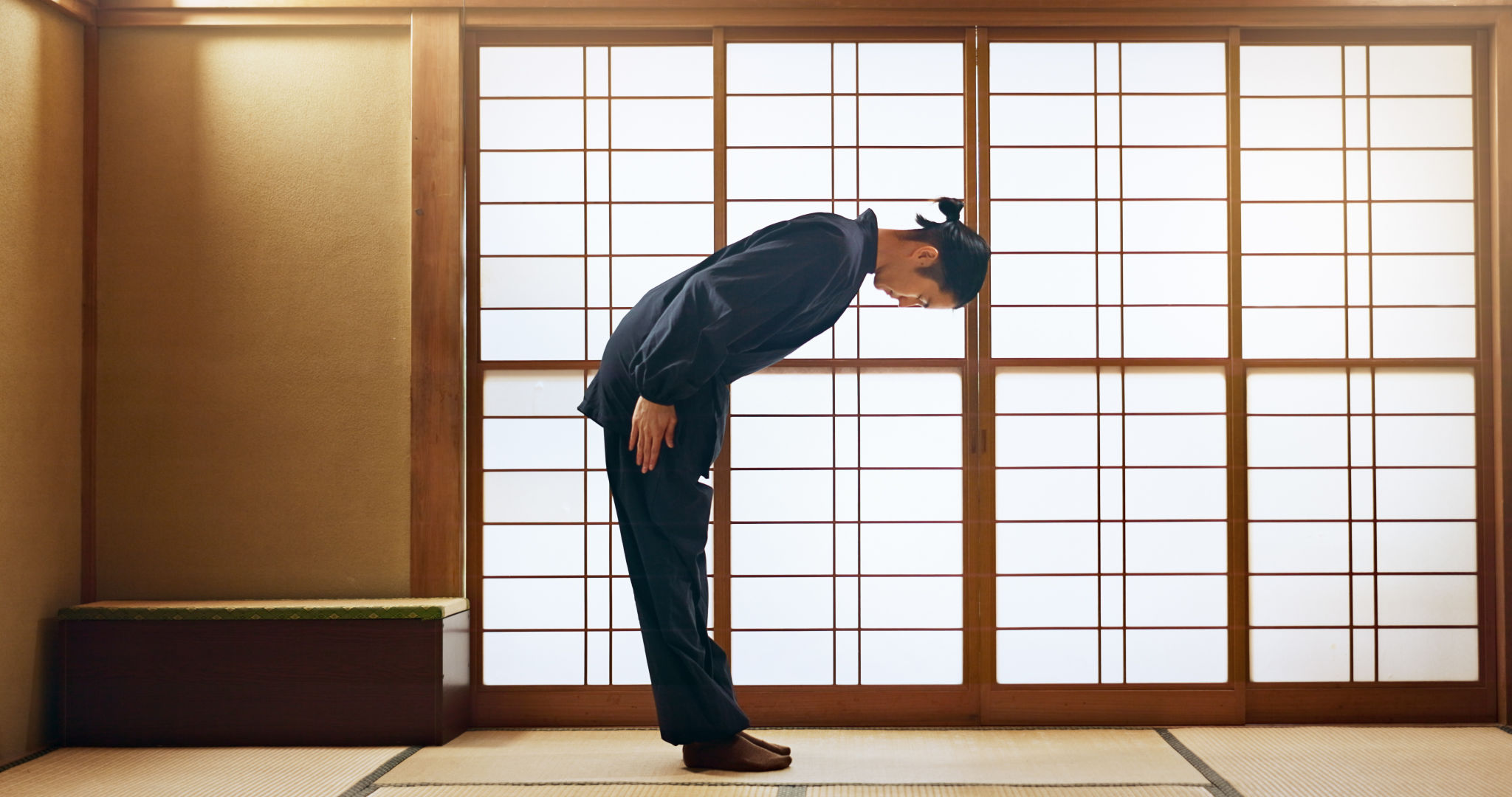Preparing for Your First Martial Arts Class: A Beginner’s Guide
Understanding Martial Arts Basics
Embarking on a martial arts journey can be an exciting and rewarding experience. Whether you’re interested in learning self-defense, improving your fitness, or exploring a new discipline, preparing for your first martial arts class is essential. Understanding the basics of the martial art you’ve chosen is a good start. Research the style, its history, and fundamental principles to get a feel for what you will be learning.

Choosing the Right Gear
Each martial art has specific gear requirements. For instance, karate may require a gi (uniform), while Brazilian jiu-jitsu might necessitate a rash guard and gi. It's important to consult with your instructor or the academy to know exactly what you need before your first class. Ensure you invest in high-quality equipment that fits well to prevent injuries and enhance your training experience.
Understanding Class Etiquette
Martial arts classes often have a unique set of rules and etiquette. Respect for instructors and fellow students is paramount. Familiarize yourself with common practices such as bowing, respecting the dojo (training space), and following the instructor's guidance attentively. This respectfulness not only enhances your learning but also contributes to a positive training environment.

Preparing Physically and Mentally
Martial arts require both physical and mental preparedness. It’s beneficial to engage in basic fitness routines such as running, stretching, and strength exercises to build stamina and flexibility before your first class. Mentally, adopting a mindset of patience and perseverance is crucial as mastering techniques takes time and effort.
Nourishing Your Body
Your diet plays a significant role in your performance during martial arts training. Consuming a balanced diet rich in proteins, carbohydrates, and healthy fats can provide the energy needed for intense workouts. Staying hydrated is equally important, so drink plenty of water before and after class to maintain energy levels.

Setting Realistic Goals
As you begin your martial arts journey, set achievable goals to track your progress. Whether it's mastering a particular technique or improving your endurance, having clear objectives can keep you motivated. Break down larger goals into smaller milestones to celebrate your progress along the way.
Communicating with Your Instructor
Building a good rapport with your instructor can significantly enhance your learning experience. Don’t hesitate to ask questions or seek clarification on techniques you find challenging. Your instructor can provide personalized advice and adjustments to help you improve.

Embracing the Learning Journey
Finally, embrace the learning process with an open mind. Each class will present new challenges and opportunities for growth. Remember that progress in martial arts is gradual, and consistency is key. Enjoy each step of your journey, learn from your experiences, and appreciate the skills you acquire along the way.
